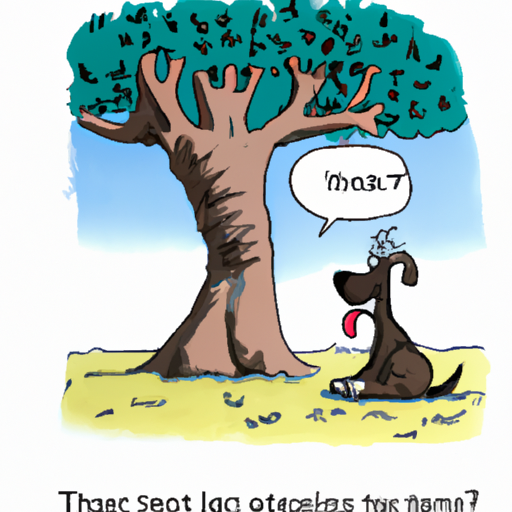Introduction
You might have observed your dog panting on a hot day or after some rigorous physical activity. But, have you ever wondered why? Is it just because they’re hot or is there more to it? Let’s explore the science behind this common canine behavior.
Reasons for Panting
Here are some typical reasons why your four-legged friend might be panting:
-
Heat regulation: Unlike humans, dogs can’t sweat through their skin to cool off. They release heat mainly by panting. When a dog pants, it’s their way of expelling body heat and cooling down.
-
Excitement or stress: Panting can also be a response to emotional states such as excitement, fear, or anxiety. If your pooch pants during a thunderstorm, when visitors arrive, or on a car ride, it might be due to stress or excitement.
-
Illness or pain: Sometimes, panting can be a sign of medical issues like heart problems, respiratory disorders, or even pain. If the panting is excessive, unexplained, or accompanied by other symptoms, it’s best to consult a vet.
How Dogs’ Bodies Handle Heat
Dogs’ bodies are designed differently than ours. They have a fur coat that keeps them warm in cold weather, but it can also make them more susceptible to overheating. Here’s a simple explanation of how a dog’s body handles heat:
- When the dog’s body temperature rises, blood vessels in the skin expand, a process called vasodilation. This helps to dissipate heat.
- At the same time, sweat glands on the dog’s nose and paw pads activate.
- Meanwhile, the dog starts panting, drawing in cooler air and expelling hot air.
When to Worry About Panting
As a caregiver, it’s essential to know when panting might be a cause for concern. Here are some signs that your dog’s panting might need medical attention:
- Panting is heavy and constant
- It’s accompanied by other symptoms like lethargy, loss of appetite, vomiting, or diarrhea
- The panting is unusual or unexplained
If you notice any of these signs, it’s best to take your dog to the vet immediately.
Preventing Overheating in Dogs
To help your dog stay cool and prevent overheating, here are some tips:
- Keep your dog hydrated: Always ensure they have access to fresh water.
- Avoid hot environments: Limit exercise during the hottest parts of the day, and never leave your dog in a parked car.
- Provide a cool place to rest: Make sure your dog has a cool, shaded place to rest.
FAQ
Q: Do all dogs pant the same way?
A: No, the rate and depth of panting can vary depending on the breed, size, and overall health of the dog.
Q: Can panting be a sign of happiness?
A: Yes, dogs often pant when they’re happy or excited.
Q: How can I tell if my dog is panting due to stress?
A: Look for other signs of stress, such as pacing, whining, or hiding, along with panting.
Q: Can panting be a sign of a serious health issue?
A: Yes. If the panting is excessive, unexplained, or accompanied by other symptoms, it’s best to consult a vet.



